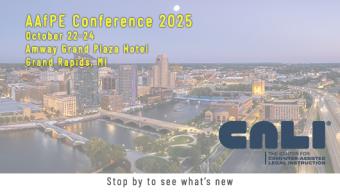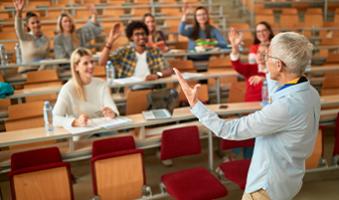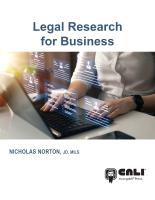Join us at the AAfPE Annual Meeting 2025 in Grand Rapids, MI
We are excited to announce that The Center for Computer-Assisted Legal Instruction (CALI) will be participating at the upcoming AAfPE Conference 2025, October 22-24, in Grand Rapids, Michigan. Visit with us to have a demonstration on our interactive tutorials that can be used in your classroom or assigned as a study aid.






